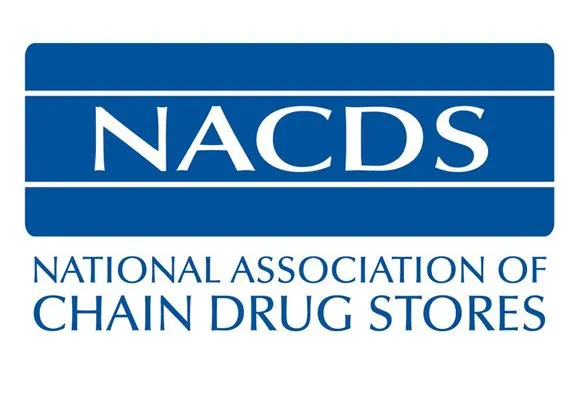ARLINGTON, Va. — The National Association of Chain Drug Stores is engaging in the drive for PBM reform on three fronts, the trade association said Wednesday, pointing to recent efforts in the media and in the state and federal government arenas.
1. NACDS Takes on “Defense of PBM” Op-ed in The Wall Street Journal
Last week, NACDS took issue with an op-ed in The Wall Street Journal titled, “In Defense of Pharmacy Benefit Managers (PBMs),” which asserted that “swarms of drug-company lobbyists appear to have united both parties in opposition to [PBMs]” and that PBMs – unreasonably – “are taking the blame for high drug prices.”
In response, NACDS President and CEO Steven C. Anderson submitted a letter-to-the-editor underscoring the vital need for decision-makers to continue work to put patients ahead of profiteering.
The complete text of NACDS’ letter follows: Regarding “In Defense of Pharmacy Benefit Managers” (op-ed, July 12): Joe Grogan and Casey Mulligan wrongly dismiss the momentum for pharmacy benefit manager (PBM) reform as the product of “swarms of drug-company lobbyists.” It is politically expedient for PBMs to dismiss it as such. However, it flows from the long-escalating recognition at all levels and branches of government that it is time to put patients and the pharmacies who serve them ahead of PBMs’ profiteering.
With an 8-0 vote, the U.S. Supreme Court in 2020 upheld an Arkansas law that prevents PBM contracts from reimbursing pharmacies below-cost for the purchase and dispensing of prescription medications. That decision opened the door to literally hundreds of bills, in states across the nation, that previously were log-jammed by the PBM industry’s own litigants and lobbyists.
In another unanimous decision, the Federal Trade Commission in June of this year voted to launch an investigation of PBM practices. In announcing the decision, the FTC stated: “[PBMs] often have enormous influence on which drugs are prescribed to patients, which pharmacies patients can use, and how much patients ultimately pay at the pharmacy counter. Many of these functions depend on highly complicated, opaque contractual relationships that are difficult or impossible to understand for patients and independent businesses across the prescription drug system.”
The momentum behind PBM reform does not flow from a recent PBM vs. pharmaceutical industry battle. Rather, it results from the longstanding and increasing awareness that patients and pharmacies of all sizes are getting squeezed. Action is long overdue.
2. NACDS Backs PBM Transparency Act
NACDS is backing federal legislation prioritizing the health and safety of patients by promoting the economic viability of pharmacies. The Pharmacy Benefit Manager Transparency Act (S. 4293) would authorize the Federal Trade Commission (FTC) to increase PBM transparency and practices related to drug pricing; increase accountability for unfair reimbursement and claw back practices; and require PBMs to report to the FTC on such practices. The bill was introduced on May 24 by Sen. Maria Cantwell (D-WA) and Sen. Chuck Grassley (R-IA). The Senate Committee on Commerce, Science, and Transportation passed it on June 22. Of significance, the FTC is currently pursuing an investigation related to PBM practices.
In addition, NACDS continues to work with industry allies to pursue legislative and regulatory paths for comprehensive direct and indirect remuneration (DIR) fee reform. This action follows the Centers for Medicare & Medicaid Services’ issuance of a DIR fee transparency rule earlier this year.
3. Florida Agency Quotes NACDS on Governor’s PBM Executive Order
On July 8, Florida Governor Ron DeSantis (R) issued an Executive Order “to drive transparency in prescription costs for Floridians.” NACDS President and CEO Steven C. Anderson was quoted in a press release by Florida’s Agency for Health Care Administration on the topic. He said:
“[NACDS] appreciates Governor DeSantis’ action to put patients first and to stand up for the pharmacies that serve them. By taking on these tactics of PBMs, Governor DeSantis is exerting true leadership to defend healthcare access and affordability. This is an excellent example that also would benefit patients across the nation, and it ought to be replicated.”
Actions such as that of Gov. DeSantis complement a flow of state-level legislative and regulatory action on PBM reform flowing from the U.S. Supreme Court’s landmark decision in December 2020 in Rutledge vs. Pharmaceutical Care Management Association.










